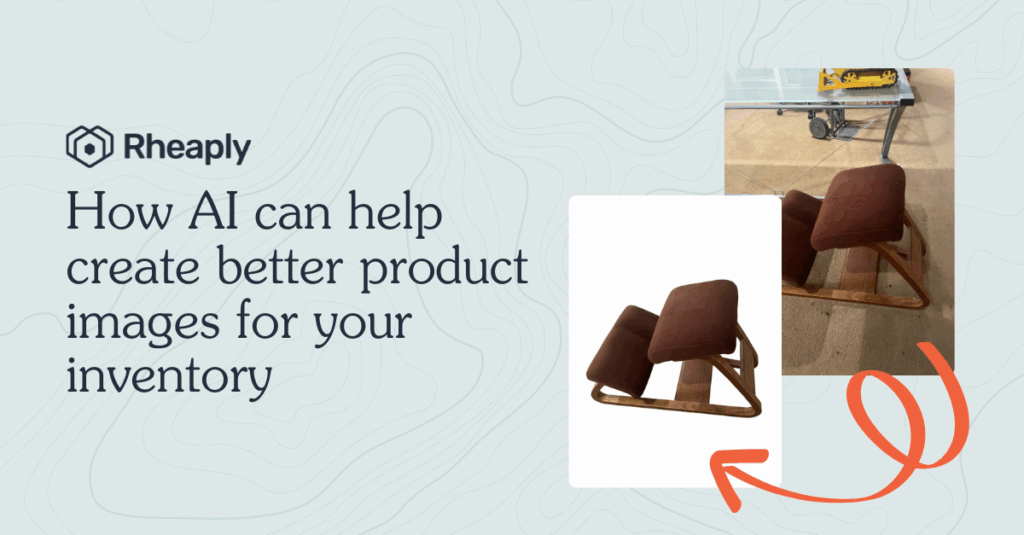Rheaply launches new Manufacturing Education Series, starting in June
In the pursuit of global circularity, the concept of digitization has emerged as a powerful solution particularly in the realm of asset management and reuse.
Whether it’s resources already in use, those lying dormant in storage, or newly purchased equipment, digitization opens up a world of possibilities and opportunities. But make no mistake: the digitization journey must begin further upstream – at the manufacturing level – to avoid the typical scenario that plays out today: resources (oftentimes too many) leave the manufacturing floor, losing visibility after first use, making the return pipeline messy.
This alternative, as we all know, isn’t cutting it. The world’s “circularity gap” has risen by 21 percent since 2018, down to a 7.2 percent from just under 10% six years ago, meaning more than 93% of the products we make are destined for the landfill. The full potential of reuse at scale remains largely untapped for manufacturers due to several barriers. Chief among them is the challenge of planning ahead, hindered by the lack of visibility into available assets across manufacturing sites but especially once a product is sold. Without digitization, assets remain hidden, impeding effective planning for their reuse.
For manufacturers, the ability to digitize assets offers immense benefits and revenue potential through reuse and remanufacturing. It not only streamlines operations by providing a digital footprint of assets but also facilitates planning for reuse. Manufacturers, too, can capitalize on digitization by incorporating it into their sales processes, ensuring that assets are primed for reuse and take back from the moment they leave the production line. This open the door for massive secondary markets, as outlined below.
Sign up for an upcoming Education Series
Follow the registration links for each of the upcoming education series:
1. MedTech Manufacturing Education Series
Join key industry stakeholders in implementing and championing circularity innovation in healthcare. Discover exciting advancements like digital twins and digital product passports, and engage in discussions on raising awareness about circularity challenges and opportunities. Explore topics such as data-driven decision making, re-commerce programs for items prone to waste (like surgical instrumentation), and product-as-a-service models.
2. Industrial Automation Education Series
Manufacturers can unlock revenue growth independent of new production or new materials through digitation. Learn how industrial automation manufacturers are embracing digitization to reduce costs, enhance supply chain efficiency, and handle aged components. Explore topics such as creating digital records and activating new end-markets for non stock inventory, and implementing Digital Product Passports for industrial automation equipment.
3. Furniture Manufacturing Education Series
Explore ways to automate furniture lifecycle decisions, optimizing for design, investment recovery, environmental and community impact, and logistics. Learn how to utilize AI for creating digital records of furniture, building catalogs of reusable furniture, and reviewing critical furniture details.
4. IT Hardware/Electronics Manufacturing Education Series

